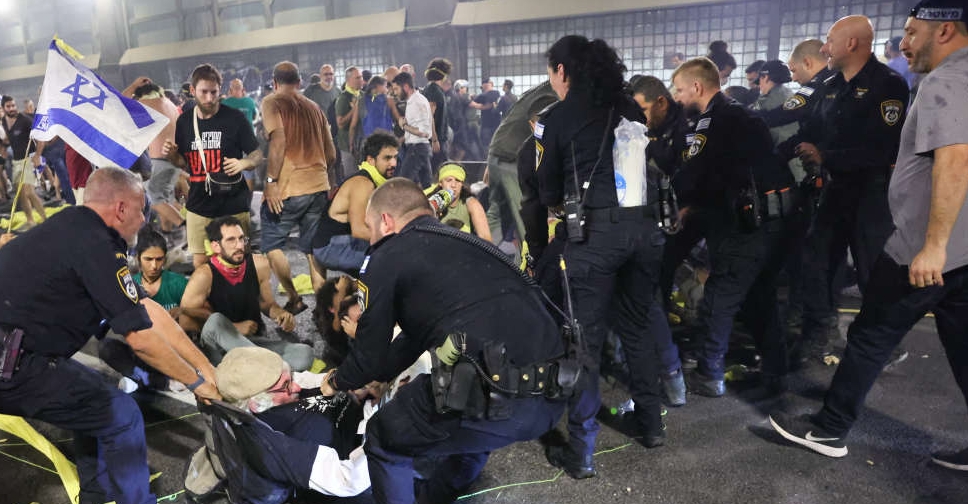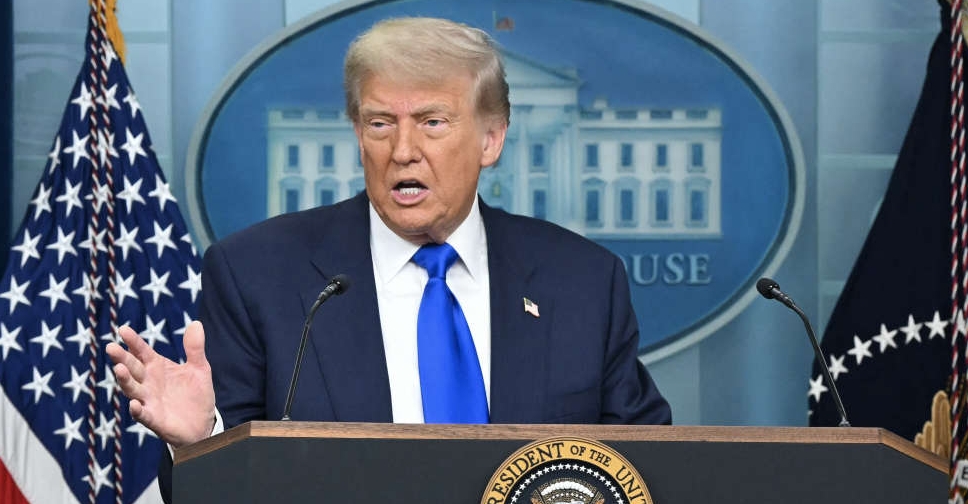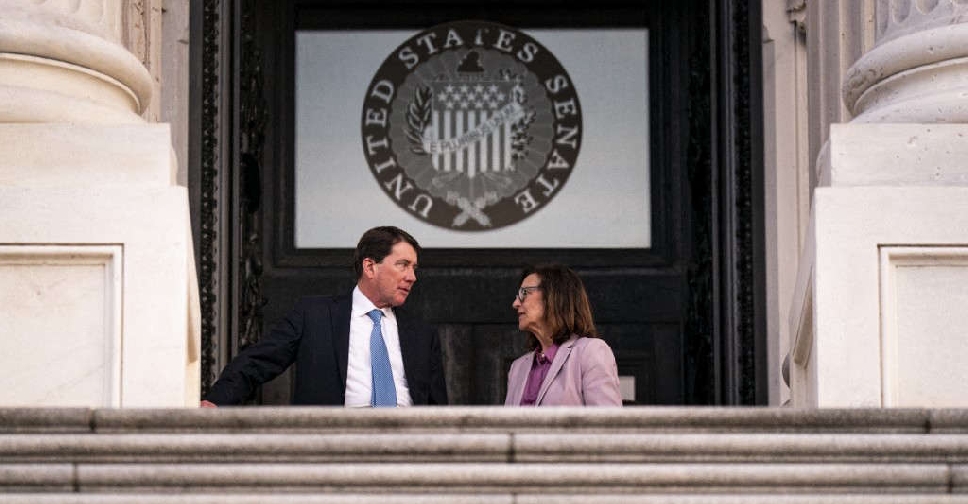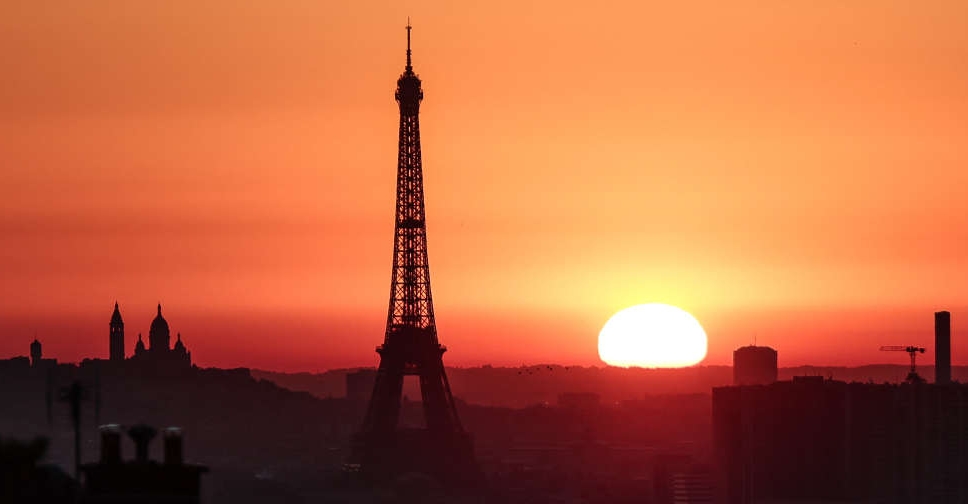
Massive protests swept Israel on Sunday following the death of six hostages in Gaza as frustration mounted over the failure of the country's leadership to secure a ceasefire deal that would free Israeli captives.
Crowds, estimated by Israeli media to be up to 500,000, demonstrated in Jerusalem, Tel Aviv and other cities, demanding Prime Minister Benjamin Netanyahu do more to bring home the remaining 101 hostages, about a third of whom Israeli officials estimate have died.
In Jerusalem, protesters blocked streets and demonstrated outside the prime minister's residence. Aerial footage showed Tel Aviv's main highway filled with protesters holding flags with pictures of the slain hostages.
Israeli television footage showed police directing water canons at demonstrators who had blocked roads. Local media reported 29 arrests.
Labour leaders called a one-day general strike on Monday. The head of Israel's trades union federation, Arnon Bar-David, called for a general strike on Monday to pressure the government into signing a deal, and said Ben Gurion airport, Israel's main air transport hub, would be closed from 8am (0500 GMT).
The Israeli military announced the recovery of the bodies from a tunnel in the southern Gaza city of Rafah, as a polio vaccination campaign began in the war-shattered Palestinian territory and violence flared in the occupied West Bank.
The bodies of hostages Carmel Gat, Hersh Goldberg-Polin, Eden Yerushalmi, Alexander Lobanov, Almog Sarusi, and Ori Danino were returned to Israel, military spokesperson Rear Admiral Daniel Hagari told reporters.
A forensic examination determined they were "murdered by Hamas terrorists in a number of shots at close range" 48-72 hours previously, an Israeli health ministry spokesperson said.
Netanyahu, who faces growing calls to end nearly 11 months of war with a deal for a ceasefire and the release of remaining hostages, said Israel would not rest until it caught those responsible. "Whoever murders hostages - does not want a deal," he said.
Defence Minister Yoav Gallant, who has clashed frequently with Netanyahu, also called for an agreement, and opposition leader and former Prime Minister Yair Lapid urged people to join the demonstration in Tel Aviv.
Senior Hamas officials said that Israel, in its refusal to sign a ceasefire agreement, was to blame for the deaths.
Israel's assault on Gaza began after Hamas and other insurgents killed about 1,200 people and took about 250 hostages in attacks on Israel on October 7, according to Israeli tallies.
Since then, Israel's offensive has levelled much of the enclave of 2.3 million people, and the Gaza health ministry says at least 40,738 Palestinians have been killed. Displaced people are living in dire conditions with inadequate shelter and a hunger crisis.




 Trump urges Hamas to accept 'final proposal' for 60-day Gaza ceasefire
Trump urges Hamas to accept 'final proposal' for 60-day Gaza ceasefire
 US Senate passes Trump's tax-cut, spending bill; sends to House
US Senate passes Trump's tax-cut, spending bill; sends to House
 France shuts schools as heatwave grips Europe
France shuts schools as heatwave grips Europe
 Blow for Thailand's government as court suspends PM from duty
Blow for Thailand's government as court suspends PM from duty


